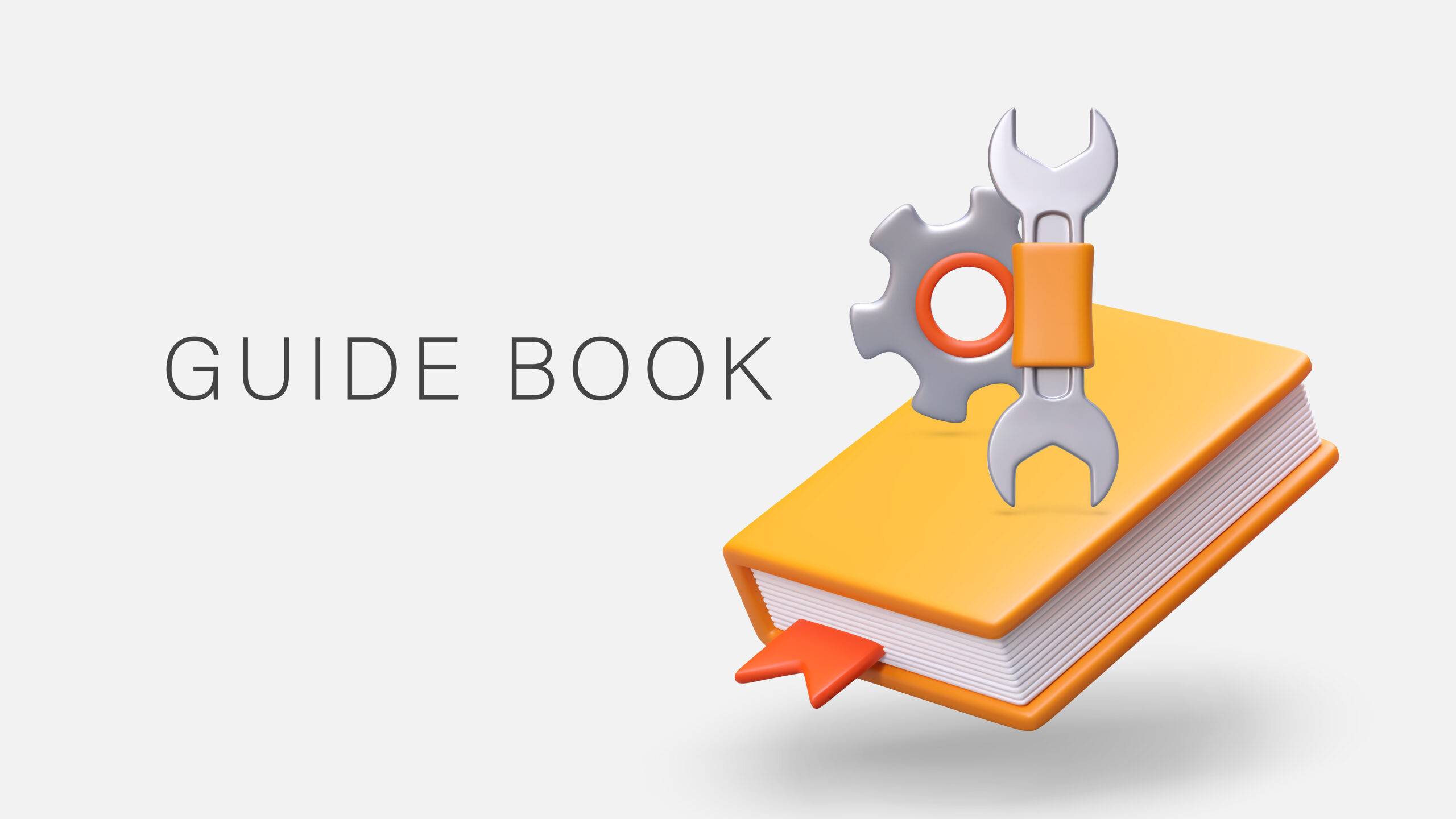Self-Study
Deceptive Accounting Practices: Revenue & Expense Manipulation
Guidance on identifying and preventing revenue and expense manipulation schemes, including premature recognition, channel stuffing, and expense misclassification tactics.

$58.00 – $78.00
Webcasts are available for viewing Monday – Saturday, 8am – 8pm ET.
Without FlexCast, you must start with enough time to finish. (1 Hr/Credit)
Please fill out the form below and we will reach out as soon as possible.
CPE Credits
2 Credits: Accounting
Course Level
Overview
Format
Self-Study
Course Description
This course explores deceptive accounting practices used by companies to manipulate revenue and expenses. Participants will learn about specific revenue recognition techniques such as premature revenue recognition, channel stuffing, bill-and-hold arrangements. Participants will also learn about expense manipulation techniques such as capitalizing expenses, shifting expenses, and misclassifying expenses. The course includes detailed examples and highlights the ethical implications and legal consequences of these practices.
Learning Objectives
Upon successful completion of this course, participants will be able to:
- Recognize the key motivations behind deceptive accountingtechniques
- Identify areas of U.S. GAAPthat are most susceptible to manipulation
- Identify techniques used by companies to manipulate revenue in financial statements
- Recognize techniques used by companies to conceal or misstate expenses
Course Specifics
SS124393535
August 12, 2024
There are no prerequisites.
None
57
Compliance Information
CMA Notice: Western CPE makes every attempt to maintain our CMA CPE library, to ensure a course meets your continuing education requirements please visit Insitute of Management Accountants (IMA)
CFP Notice: Not all courses that qualify for CFP® credit are registered by Western CPE. If a course does not have a CFP registration number in the compliance section, the continuing education will need to be individually reported with the CFP Board. For more information on the reporting process, required documentation, processing fee, etc., contact the CFP Board. CFP Professionals must take each course in it’s entirety, the CFP Board DOES NOT accept partial credits for courses.
Meet The Experts

Kelen is a recognized author and reviewer of CPE courses and has authored over 145 courses (350+ CPE credit hours) covering a range of accounting, auditing, financial reporting, regulatory, and ethics topics. Kelen remained involved in CPA exam content development for nearly 10 years and authored more than a thousand multiple choice questions for various sections of the CPA exam. He also serves as an Editorial Advisor for the AICPA’s Journal of Accountancy. Kelen has nearly 20 years of progressive finance and accounting experience. He currently serves as an Accounting Policy Advisor with HP. Prior to HP, he served in multiple …
Related Courses
-
 Accounting
Accounting
Accountants’ Guidebook
Steven M. Bragg, CPA QAS Self-Study
Credits: 30 $600.00
QAS Self-Study
Credits: 30 $600.00$600.00 – $640.00
-
 Accounting
Accounting
Accounting Fraud: Recent Cases
Joseph Helstrom, CPA QAS Self-Study
Credits: 1 $29.00
QAS Self-Study
Credits: 1 $29.00$29.00 – $49.00
-
 Accounting
Accounting
GAAP Guidebook
Steven M. Bragg, CPA QAS Self-Study
Credits: 29 $580.00
QAS Self-Study
Credits: 29 $580.00$580.00 – $620.00
